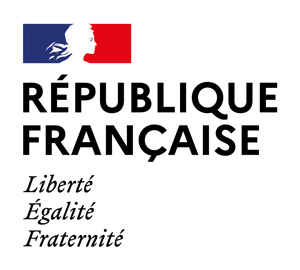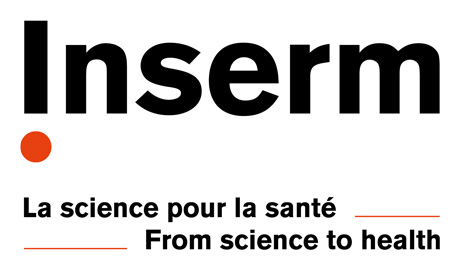Texte de l'offre | A doctoral position on circadian neurobiology is available in the team "Light, vision and brain" at the Institute of Cellular and Integrative Neuroscience (INCI-CNRS UPR3212) in Strasbourg, France. This project is supported by the Fondation pour la Recherche Medicale (FRM). The position is available from September 2022 for a period of 36 months.
Chronic light exposure at night leads to alterations in our body clock and sleep that are correlated with several health issues, including poor cognition, mood and metabolic disorders.
Our group is researching the central mechanisms underlying the aberrant effects of light exposure at night on behavior. We have particular interest in studying how the exposure to blue light at night impacts the retina physiology, the brain circadian system, mood and cognition, and deciphering the basic neurobiological mechanisms underlying these effects.
For that purpose, we combine behavioral (e.g., circadian, cognitive and mood-related behavioral assays), cellular (e.g., live-imaging and histological analysis of clock neurons in the retina and brain), genetic approaches (PCR in microdissected samples) and in vivo neural manipulations (e.g., chemogenetics) using diurnal rodents. The use of a diurnal animal model is of important translational relevance because, unlike classical laboratory rodents (e.g., rats, mice), these show diurnal patterns of behaviour and physiology similar to humans.
The ideal candidate will be a highly motivated student with a Master diploma in Systems Neuroscience or related areas and with experience in research with rodents (in vivo and ex vivo). Expertise in rodent surgery and behavior will be particularly valued.
The application file consists of a detailed CV, a copy of the Master diploma and report, a covering letter and two reference letters.
|





